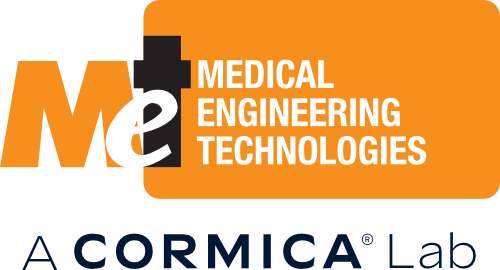Click here to view our Ageing Calculator
Medical device and Pharmaceutical product stability testing constitutes a crucial element of the regulatory process, ensuring the ongoing safety and efficacy of these devices and products over their lifecycle. This testing assesses the performance of medical devices and pharmaceutical products under various environmental conditions, offering essential insights into shelf life, storage recommendations, the sustained safety and their efficacy throughout their intended use.
Purpose: Stability testing serves the purpose of providing information on how the quality of medical devices or pharmaceutical product remains consistent over time, unaffected by environmental factors such as temperature and humidity.
Medical Device and Pharmaceutical Product Shelf Life: The shelf life, as determined by stability studies, signifies the duration during which a medical device or pharmaceutical product is anticipated to maintain its functional, structural integrity or efficacy within the specified limits set by the manufacturer. This period ensures the device or drug continues to meet its intended performance specifications when stored under recommended conditions.
(see ICH Q1A (R2) Stability Testing of New Drug Substances and Products).
Stability testing investigates the impact of environmental factors, including temperature, light, moisture, pH, agitation, and gravity, on the product's strength, quality, and purity.
Internationally recognised standards for govern the assessment of medical device stability, encompassing general standards as well as specific ones tailored to the product type. It is imperative to identify and adhere to applicable standards before commencing the testing process.
Demonstration of Stability: The stability of medical devices and pharmaceutical product can be demonstrated through two primary methods:
1. Accelerated Stability Testing: In accelerated stability testing, the product is subjected to elevated stress conditions (such as temperature, humidity, and pH) for a shorter duration, allowing for a rapid assessment of its stability under adverse conditions. This allows the device or drug to stability to be assess faster and allow shelf-life periods to be assigned which can aid the process of getting the product or device to the marketplace.
ASTM F1980
is the widely recognised industry standard for accelerated ageing studies, it outlines the testing procedures and requirements needed to help ensure that product maintains its integrity, sterility, and effectiveness throughout its intended shelf life.
MET have an accelerated ageing calculator which can be accessed on below to help Clients determine how long a product or device needs to be the ageing chambers to give the equivalency of the required shelf life.
Click here to view our Ageing Calculator
2. Real-Time Stability Testing: Real-time stability testing involves placing the product under recommended storage conditions and testing it at periodic intervals until it no longer meets the specified criteria. This method provides a more extended and real-world assessment of the device's stability. This is normally used in conjunction with accelerated ageing data.
For further guidance developing your accelerated ageing study please contact our sales team.
In conclusion, medical device stability testing is a comprehensive process essential for regulatory compliance, ensuring that these devices and drug products consistently meet quality standards and remain safe and effective throughout their intended use.
MET and other Cormica labs can help you develop your stability study, provide post ageing testing and manage the stability studies thorough to final reporting.
MET Introduces Brand New 35.5m3 Ageing Chambers Within A New £235K Facility

![]()

